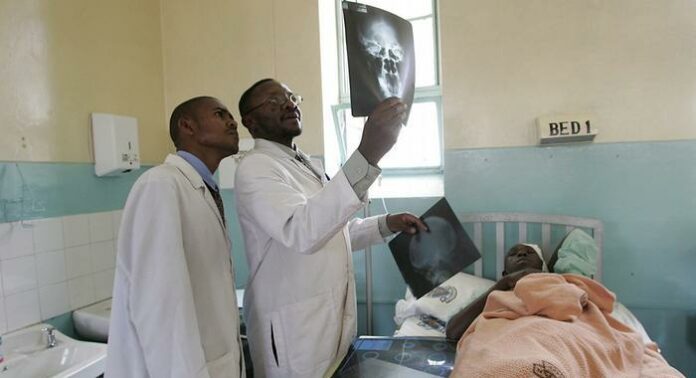Hospital Charges in Kenya: The government is set to start controlling the amount of money hospitals and doctors charge patients. In a move to effect controls, parliament has approved the proposed amendments to the Health Act 2017. Hospital charges will soon be determined and capped by an 11-member council that includes the Principal Secretary for Health, the Attorney General and an official from the Council of Governors.
The amendments that have been approved by parliament are aimed at ensuring that hospitals and doctors don’t charge patients exorbitant amounts.
“The Kenya Health Human Resource Advisory Council (KHHRAC) shall review policy and establish uniform norms and standards for levying of charges on the practice of conventional medicine in consultation with relevant statutory bodies and stakeholders,” the amendments to the Health Act say.
This amendment to control hospital charges in Kenya has drawn opposition from private hospitals who argue that the government has no power and ability to control the whole of health sector including prices of drugs.
3 dead babies in one afternoon that led Dr Lydia Wahura to kill herself
“If they (KHHRAC) is able to regulate the prices, are they going to control the prices at which hospitals buy medicine from the manufacturers and other items?” Dr. Abdi Mohamed, the chairman of Kenya Association of Private Hospitals (KAPH) said.
This is the latest of a string of new regulations in the health sector awaiting parliamentary approval. The government is also awaiting the approval of the bill on Universal Health Care which will make it mandatory for every adult Kenyan to pay Sh. 6,000 per year to the National Hospital Insurance Fund.
The Kenya National Bureau of Statistics’ Integrated Households Budget Survey report released in 2019 shows that 81 percent of Kenyans have no insurance or pay for the medical bills out of pocket, highlighting the vulnerability of the households. It means that only 19 percent of the households have some form of medical insurance. The report shows 17.8 percent of households primarily depend on the NHIF while the remaining 1.16 percent are under private or arranged cover.









